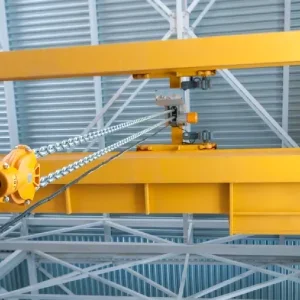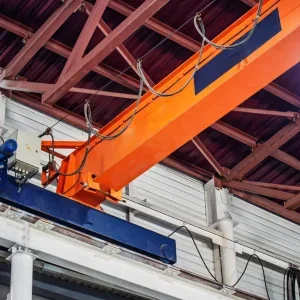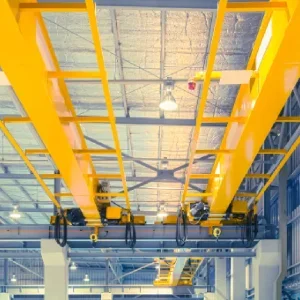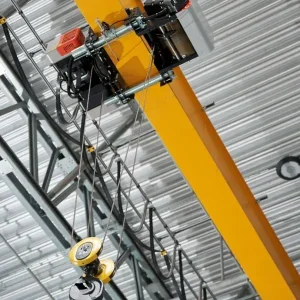In an exclusive video with Olivier Janin, secretary general, FEM, he talks to Hoist about the European Union Green and Digital 'twin' transition for an 'eco-recovery' mindset in waste management, which also affects battery manufacturing, and what it hopes to achieve in the latest regulatory changes.
“We are living in interesting times, which some have called a ‘Regulatory Tsunami’, due to the number of regulatory proposals coming into force. The latest European Commission proposals directly impact our manufacturers’, for example the Machinery Directive and AI proposal. The two proposals work hand-in-hand and it is important for us to ensure the outcome will enable our manufacturers to continue innovating with a digital angle because we know now AI innovation is the bigger share affecting our manufacturers, but will demand certain requirements to develop new products. It is now that we need to prepare for what our manufacturers will be facing in the future.”
According to Janin, FEM is working with the European Parliament and Council so that the upcoming decision-making process will achieve ‘a more balanced outcome’, in which digital innovation is integrated into the legal framework, whilst at the same time preserving the European industry’s competitiveness.
There is concern among manufacturers that the proposal for a revision of the Machinery Directive will put its competitiveness at risk because it focuses on including essential requirements for digital technologies into the Machinery Regulation.
This, in connection with the proposal on AI, it claims, ‘sets a principle of dangerousness’ for AI machines or components with a safety function, stopping innovation, because it could affect the development of any future AI machinery.
The expansion of third party certification also works against any flexibility provided by the New Legislative Framework (NLF), which lies at the core of the EU Internal Market legislation.
Placing stricter requirements on high-risk AI is understandable. However, the automatic qualification as high-risk of AI machines or components with a safety function creates a serious obstruction on innovation, as any future AI machinery could be potentially covered depending on how the concept of safety function will be interpreted.
FEM will carefully analyse the proposal in its entirety, and notably the requirements for high-risk AI systems, as well as specific obligations for manufacturers (including post-market monitoring plans that will have to be part of the technical documentation).






